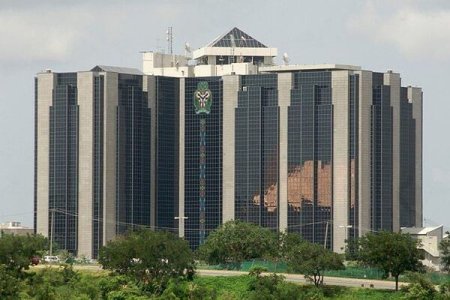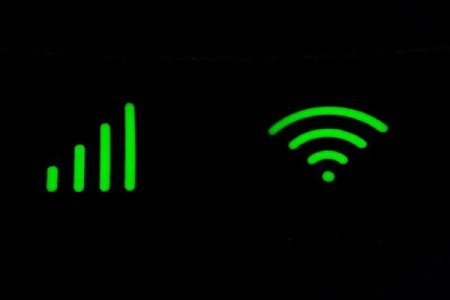
The global stock market crash has affected the Nigerian Exchange Group (NGX), with MTN Nigeria’s stock dropping to its lowest level in three years. As of August 5, MTN’s share price fell to N179, a 5.79% decline. The global downturn, triggered by disappointing U.S. job data, has led to widespread losses in markets worldwide. Despite the turmoil, the NGX remains relatively stable due to low foreign investment levels.
The global stock market downturn, which began on August 2, has begun to impact the Nigerian Exchange Group (NGX), with notable effects on MTN Nigeria. As of midday trading on August 5, the NGX All-Share Index recorded a 0.27% drop, reflecting the broader market’s struggles. MTN Nigeria has been hit hardest, with its stock price falling to its lowest level since October 2021. By 12:30 PM, MTN Nigeria's share price had dropped to N179, marking a 5.79% decline.
The sell-off on the NGX aligns with the global trend, which has seen major stock markets in Europe and Asia suffer significant losses. In Asia, the Nikkei 225 Index plunged by 12.40%, while the Hang Seng Index and Shanghai Composite Index fell by 1.60% and 1.54%, respectively. The crisis extended to European markets, with the CAC 40 and FTSE 100 down by 2.26% and 2.08%, respectively.
The global stock market collapse was triggered by disappointing U.S. job data, which revealed a rise in unemployment to 4.3% for July, the highest since September 2021. This data, coupled with concerns over the Federal Reserve's policies, has heightened fears of a potential recession. The U.S. markets reflected this sentiment with significant declines in the NASDAQ and NYSE.
In Nigeria, MTN's stock decline has been exacerbated by recent service delivery issues, including a rise in dropped calls since August 1. Additionally, other sectors, such as banking, have also seen declines, with Wema Bank and GTCO experiencing losses.
Despite these challenges, the NGX remains relatively insulated from the global turmoil due to low levels of foreign participation. As of June 2024, foreign investment in the NGX was about N82.2 billion, indicating a buffer against global market shocks.
As the situation evolves, investors and market analysts are closely monitoring developments both locally and internationally to assess the potential long-term impacts on the NGX.





